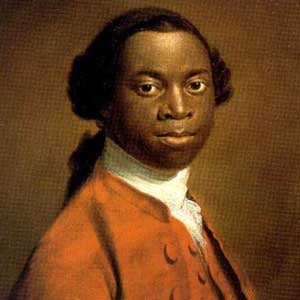Black history to be taught in school as part of curriculum

Your support helps us to tell the story
From reproductive rights to climate change to Big Tech, The Independent is on the ground when the story is developing. Whether it's investigating the financials of Elon Musk's pro-Trump PAC or producing our latest documentary, 'The A Word', which shines a light on the American women fighting for reproductive rights, we know how important it is to parse out the facts from the messaging.
At such a critical moment in US history, we need reporters on the ground. Your donation allows us to keep sending journalists to speak to both sides of the story.
The Independent is trusted by Americans across the entire political spectrum. And unlike many other quality news outlets, we choose not to lock Americans out of our reporting and analysis with paywalls. We believe quality journalism should be available to everyone, paid for by those who can afford it.
Your support makes all the difference.Radical changes to the secondary school timetable will be introduced next week when England's three million secondary school pupils return to the classroom.
Key alterations include more emphasis on the study of black Britons and other ethnic minority groups in the history curriculum.
Youngsters will be told they should study topics such as the abolition of slavery in the British Empire and the work of reformers such as William Wilberforce, the MP who campaigned for its abolition, and Olaudah Equiano.
Equiano was one of the most prominent people of African heritage in the British debate for the abolition of slavery. A former slave himself, he managed to buy his freedom and work as a seaman, merchant and explorer before writing an autobiography depicting the horrors of slavery.
Teachers are told they should "brainstorm" issues such as slavery, asking questions such as "did slaves have rights?" and "does slavery exist in the world today?"
However, curriculum planners are anxious that the subject should not just portray ethnic minority groups as victims during history lessons. Topics on the Civil Rights Movement in the US, Mughal India and the arrival of the British in India will also be included.
The aim of the latter is to show that civilisation did not just begin with Britain and the rest of the Western world in the 19th century.
A spokesman for the Qualifications and Curriculum Authority, the national curriculum watchdog, said: "The national curriculum for history gives pupils the opportunity to explore the social, cultural, religious and ethnic diversity of various societies."
Traditionalists have criticised the curriculum content for specifying characters such as Wilberforce and Equiano by name while omitting mention of noted politicians such as Sir Winston Churchill.
Michael Gove, the shadow Secretary of State for Children, Schools and Families, has said: "Winston Churchill is the towering figure of 20th-century British history. His fight against fascism was Britain's finest hour. Our national story can't be told without Churchill at the centre."
However, the QCA argues that there is still a strong emphasis on the study of the Second World War – and that teachers are sufficiently intelligent to realise they cannot teach the topic without mentioning Churchill's role in it.
It points out that Hitler is missing too, and that it would be impossible to teach the topic without mentioning him either.
Join our commenting forum
Join thought-provoking conversations, follow other Independent readers and see their replies
Comments